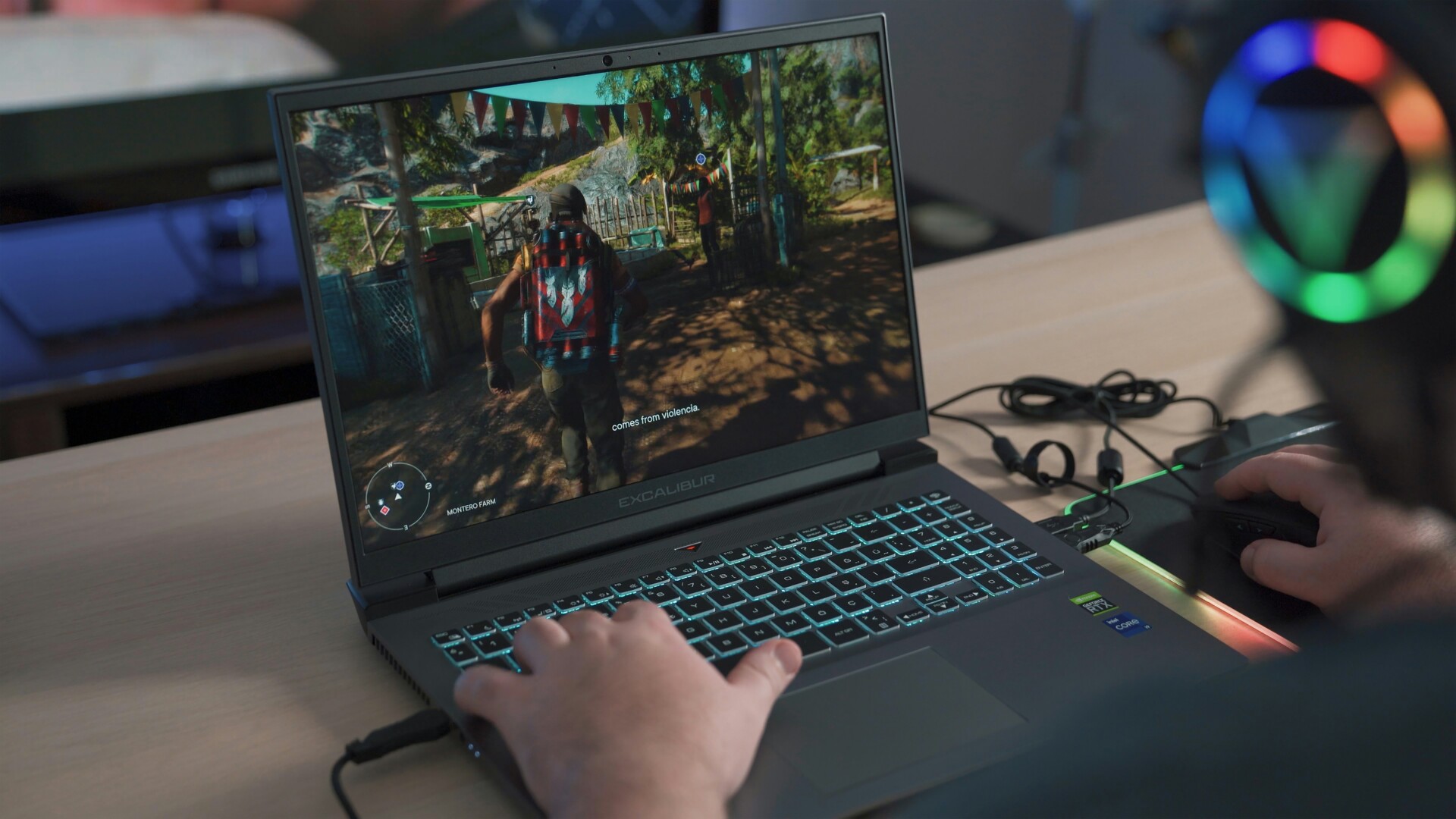Games as a service is a popular point of contention between industry observers, the game publishers themselves, and players who ultimately consume the product. The truth is that there has been little opposition against the concept as a whole, but this is about to change.
Much like legal sweepstakes casinos are now being debated, so is the matter about whether games should constitute a product that you can own (even if only digitally) or a service that you pay for as long as the service exists. This is an important distinction with a serious impact on what you can do with the products that you have paid for.
Why Are Games a Service Now?
This is an important matter to address. Games are increasingly being offered as a service. But what does this mean, and why should it matter to you? Well, there are several reasons why this is so! First off, the time when we owned our games in hardware for the most part is nearly gone.
This is so because there are no more discs you can insert in your laptop or PC, and the fact is that these times are hardly going to come back, as there is simply not enough infrastructure to support it. However, Steam and Epic Games offered an alternative – why store hundreds of CDs at home when you have them at the click of your mouse?
What Does ‘Digital Ownership’ Really Mean?
While the transition to digital was not readily welcomed and still left a bad aftertaste for a generation who grew up on physically owning video games, it was still something that we could live with. However, the bigger challenge came later, when games became a service. What are the hallmarks of digital ownership?

- There is no physical copy of your game (for most PC games these days)
- To play, even single-player titles, you may need to be connected to the Internet
- The publisher has no obligation to make the game playable after support is ended and the Internet connection is severed (i.e., support ends)
While this is a new formulation, it has been around for a while. Just think about a video game that has an Internet connection to play, even in single-player, that has gone under. This could be an old Call of Duty or a Grand Theft Auto that you bought on Steam but may no longer access online.
Why? Because the support for these games has been discontinued, and while it is bizarre that you can buy something that is no longer available, even though it is yours, this is how things have been happening recently. What is more, however, publishers argue that they are within their rights to have such expectations from consumers.
Gamers Push Back
But consumers disagree. While the gaming industry lobby has been reaping some success in North America, the European body of gamers has slapped such attempts straight in the face. European video gamers have the European Commission behind their backs, and they can compel lawmakers to look into an issue, such as the Stop Destroying Videogames.
Perks for Digital Ownership?
Yes, there are many perks when it comes to digital ownership. It’s not just publishers being greedy. The introduction of digital content – and video games – has created the opportunity to distribute and update games on the fly, gather relevant information and feedback, and even do away with a slew of bugs.
Of course, the developers and publishers are also looking for things that they particularly prefer. They can enforce much tighter restrictions, for pirating content, for example, and by connecting their game to a service that only grants access to those people who own a legitimate copy of their games. Critics have argued that this has not stopped pirates from cracking the games and presenting them as standalone and single-player games, though. But are there perks? We believe so.
| Why Use Game as a Service? | Reason Explained |
| Convenience | Yes, not owning physical copies is convenient, especially when you have limited space at home. |
| Cheaper This Way | Yes, games have not gone much cheaper, but digital promotions are constantly available, making them far more accessible. |
| Easier to Update | Forget about installation misfires – digital games are easier to upgrade as they are constantly connected to the server |
| Developers’ Ease of Building a Game | Developers are also standing to benefit from the fact that they do not have to waste time on obsolete tech |
But as Roulette77 remarks, games as a service is pretty much a roulette strategy – some things about them will work, and others will not. Discontinuing games is not one of the things that will fly with gamers, especially if they are as politically savvy as Europeans.
So, what can be done to make sure that everyone is happy? The industry will have to make some concessions – such as realize that it cannot pull the plug on games that it no longer feels like supporting.

